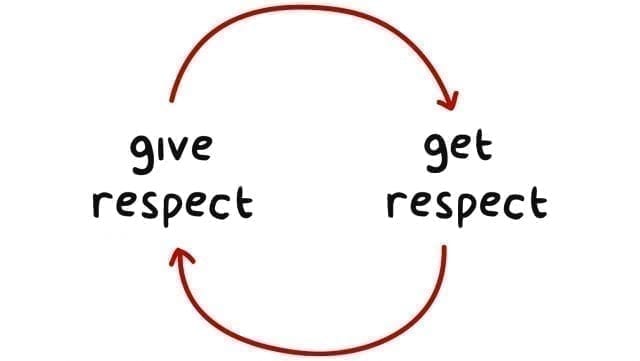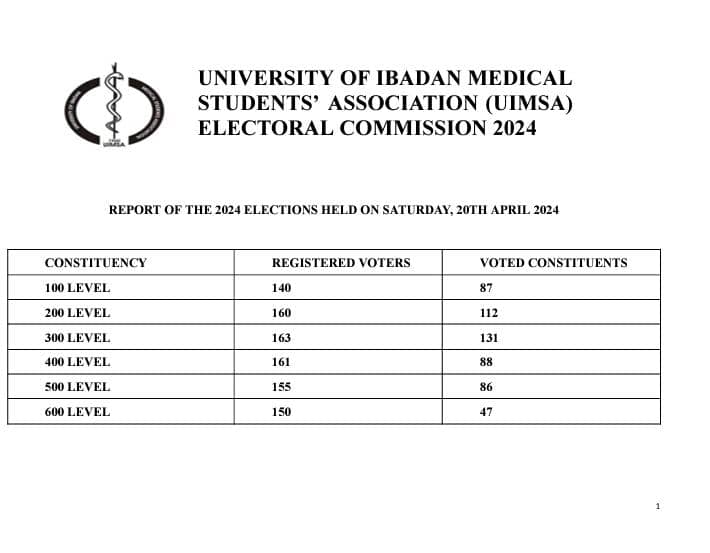Respect in Medicine: To Be Asserted or Earned?

In every system in the world, competitive advantage and hierarchy play crucial roles, often conferred by age and experience. From a young age, we are conditioned to recognize and respect this hierarchy. Many cultures, such as the Yorubas, have sayings that reinforce this idea: “a child who is standing cannot see what an elder sitting sees.” This hierarchical structure, while seemingly harsh on those in the lower ranks, is seen as necessary for maintaining order and progress.
However, in the medical field, this hierarchy can sometimes lead to abuse of power and resentment. Among intellectuals, the tendency of seniors to assert dominance is higher. This phenomenon is often rooted in the belief that higher knowledge equates to higher importance. It’s the politics of the work place in effect. For instance, why would a consultant derive joy in embarrassing a Senior Resident? Similarly, medical students may sometimes face condescension from their seniors.
Recently, a heated incident on X (formerly Twitter) highlighted these tensions. A junior doctor publicly insulted a senior doctor. This tweet quickly went viral, sparking a debate about the dynamics between senior and junior medical professionals.
The Senior Perspective
From the perspective of many senior doctors, years of experience and accumulated knowledge deserve a certain level of respect. Senior consultants often feel that their experience and expertise should be acknowledged and respected by their juniors. To them, hierarchical system is in place to ensure that less experienced doctors can learn from those who have navigated the complexities of the medical field for decades.
However, there is also an acknowledgment that some seniors may misuse their authority, sometimes leading to situations where they demean or belittle their juniors. This can create an environment of fear and resentment, where juniors feel undervalued and oppressed. It’s crucial for senior professionals to exercise their authority with empathy and to foster an environment of mutual respect.
The Junior Perspective
On the other hand, many junior doctors feel that the traditional hierarchical structure can be stifling and sometimes counterproductive. They argue that being a junior should not automatically subject them to mistreatment or disrespect. The incident on X is an example of how some juniors are beginning to push back against what they perceive as an outdated and oppressive system. They seek recognition for their skills and contributions and want their voices to be heard. This even leads to formation of caucuses and interest groups.
However, it is also important for juniors to maintain a level of respect towards their seniors. Publicly insulting senior colleagues, as seen in the X incident, can undermine the professional decorum and create further division. Constructive feedback and open dialogue are necessary for improving the dynamics without resorting to disrespect.
Striking a Balance
The relationship between seniors and juniors in medicine should ideally be one of mutual respect and cooperation. Both sides have valuable contributions to make. Seniors bring a wealth of experience and knowledge, while juniors bring fresh perspectives and new skills. To foster a healthy working environment, both groups need to recognize and appreciate each other’s strengths.
In conclusion, while hierarchy is essential in the medical field, it should not come at the cost of mutual respect. Both seniors and juniors have valuable contributions to make, and fostering a culture of respect and understanding will benefit everyone involved. The recent incident on X serves as a reminder of the need for balance and empathy in professional relationships.
Victor Egbinade and Emmanuel Ibitunde




One Comment